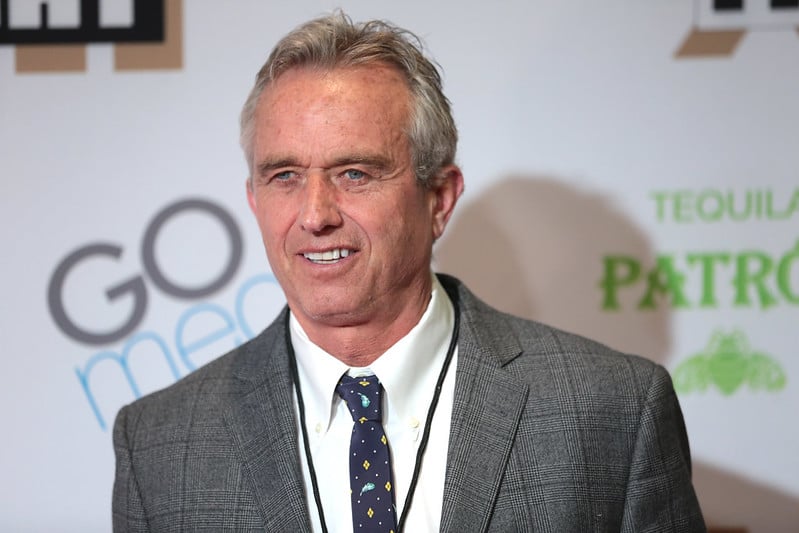U.S. Health Secretary Robert F. Kennedy Jr. named eight new members to the CDC’s vaccine advisory committee on Wednesday, just two days after firing all 17 existing members of the panel. The shake-up has sparked alarm from major medical organizations concerned about the scientific credentials of the new appointees.
Kennedy defended his decision to replace the Advisory Committee on Immunization Practices (ACIP) members, claiming the previous panel was “rife with corruption and conflicts” that served as a “rubber stamp for industry profit-taking agendas.” He offered no specific evidence of individual conflicts.
“All of these individuals are committed to evidence-based medicine, gold-standard science, and common sense,” Kennedy wrote on social media platform X. “They have each committed to demanding definitive safety and efficacy data before making any new vaccine recommendations.”
The newly appointed members include several figures who rose to prominence during the COVID-19 pandemic by criticizing government health policies:
Dr. Robert Malone, a biochemist who worked on early mRNA research, later became a vocal critic of COVID vaccines, promoting unproven treatments like hydroxychloroquine and ivermectin.
Martin Kulldorff, a biostatistician, co-authored the Great Barrington Declaration in 2020, which opposed lockdowns and advocated for natural herd immunity during the pandemic.
Retsef Levi, an MIT professor, has publicly called for suspending mRNA COVID vaccines, stating in a 2023 social media post that they “cause serious harm including death, especially among young people.”
Vicky Pebsworth, a public health nurse with ties to the National Vaccine Information Center, an organization widely criticized for promoting vaccine hesitancy. Her biography states she became interested in vaccine policy after her son experienced “serious, long-term health problems” following routine childhood vaccinations.
Similar Posts
The group also includes Dr. Cody Meissner, a Dartmouth pediatrics professor who previously served on ACIP, Dr. Joseph Hibbeln, Dr. James Pagano, and Dr. Michael Ross.
The American Medical Association quickly expressed concern about the appointments. The American Medical Association “is deeply concerned to learn that new members have already been selected for the Advisory Committee on Immunization Practices (ACIP) without transparency and proper vetting to ensure they have the expertise necessary to make vaccine recommendations to protect the health of Americans,” said Dr. Bobby Mukkamala, AMA president.
Dr. Paul Offit, a vaccine scientist at Children’s Hospital of Philadelphia, warned: “We’ve taken a giant step backwards. We had on that committee, before the purge, the kind of expertise and experience and institutional memory from which we benefited. We don’t have that anymore.”
ACIP plays a crucial role in American public health by recommending which vaccines should be administered to children and adults. These recommendations directly impact insurance coverage under the Affordable Care Act, where ACIP-recommended vaccines must be covered without cost-sharing. The committee’s guidance also influences the Vaccines for Children program, which provides free vaccines to millions of low-income children.
The first meeting of the new committee is scheduled for June 25-27, where members are expected to discuss COVID-19, influenza, and HPV vaccines. Public health experts will be watching closely for any shifts in vaccine policy.
Kennedy has promised the new committee will restore public trust in vaccines. However, with several appointees having expressed skepticism about vaccine safety, particularly regarding COVID-19 shots, many health professionals fear the opposite effect.

Dr. Dorit Reiss, a professor at UC Law, San Francisco who studies vaccine policy, said: “Kennedy did not pick people with strong, current expertise in vaccines. It tells me that Kennedy is setting up a committee that would be skeptical of vaccines, and possibly willing to implement an anti-vaccine agenda.”
The unprecedented removal of all committee members breaks with ACIP’s 60-year history, where new members were typically phased in gradually to maintain continuity and preserve institutional knowledge.


















